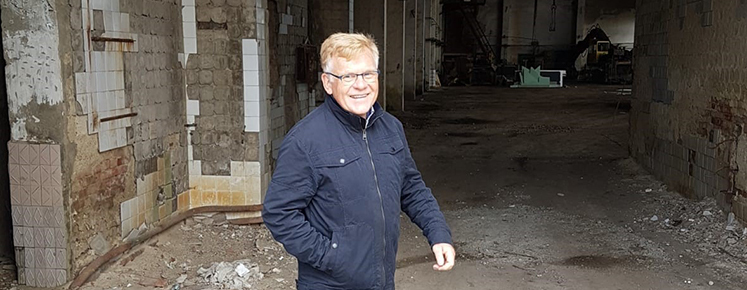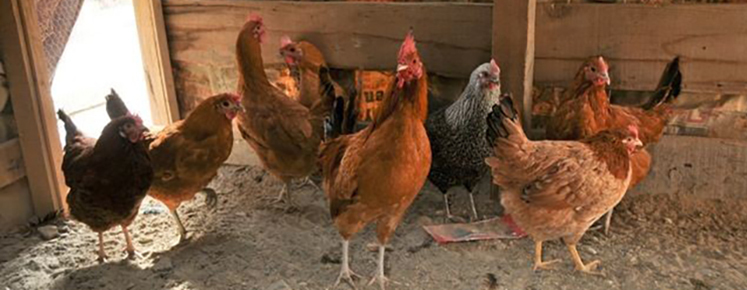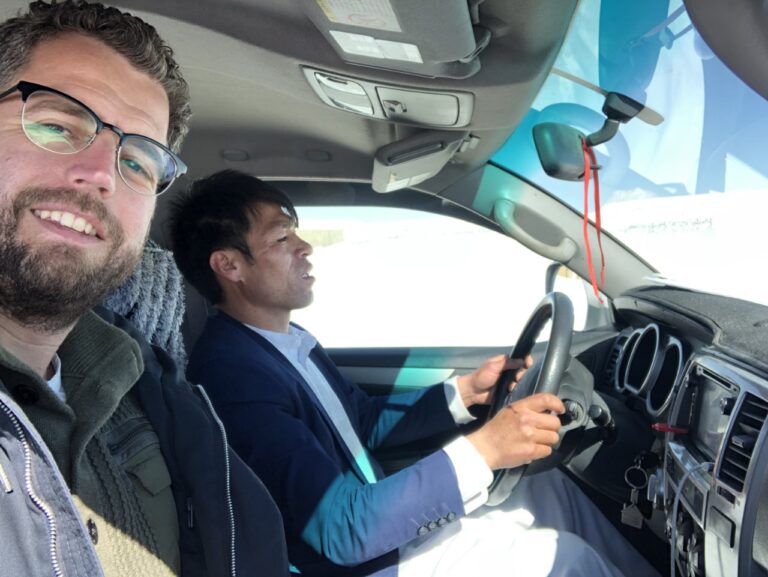As a teenager, Leo van Grondelle (68) dreamed of doing international development work. Instead he ended up becoming an architect. However, his dream was never lost and remained with him throughout his life. Now that he’s retired, he wants to use his knowledge and experience to make the world a little bit brighter.
Helping other people, that’s something Leo knew he wanted to do from a very young age. “My father set an example for me. He was always there for others, especially people who had it rough. When I was younger I saw him put money into the hand of a struggling aunt. He didn’t want anyone to know, but I’d seen it. He wasn’t out for anything big for himself either. He once told me: ‘I could drive a bigger car if I wanted to, but I want your life to be good, in case something happens to me.’ His instinct was right, because he passed away not long after. I was seventeen.”
Not working for yuppies
Leo deviated from his dream and started a degree in engineering. “I didn’t know what I wanted to do. When I finished my studies, I didn’t want to end up just working for yuppies. I wanted to do something that had societal value. The great thing was that I got the opportunity to spend ten years working in hospital construction. That has meant more to me than building a villa for some rich dude ever could. Hahaha!”
Paradise
“As an architect, beauty is an important value to me. It’s my ambition to create beauty, to make things more beautiful. It’s something I enjoy a lot. We all want to find paradise, don’t we? We’re looking for some kind of perfection. It’s ultimately not possible to achieve perfection in this life, but it has been my challenge nonetheless to keep working towards it.”
New assignment
When Leo retired a couple of years ago, he found himself overcome by the silence. “I prayed for a new assignment, a new sense of purpose. That was the start of something amazing as shortly afterwards I had a dream in which two parties were fighting each other. As I woke up the next morning I heard the word ‘Moldova’. The battle from my dream turned a battle on the border between Russia and Europe. Moldova is right on that border. It’s the poorest country in Europe. People move to other countries to earn money and leave their children behind with their grandparents, sometimes even with their neighbors. I thought to myself: I have to do something. I asked around and met a Dutchman who had built a factory in Moldova to tackle unemployment. Eventually, I went there myself. I’m currently working on a project to develop a Centre for elderly people, which connects nicely to my experience in hospital construction.”
‘I hate hobbies’
“When people asked me if I’d spent my retired years picking up hobbies, I was almost offended. He continues with a smile: “I hate hobbies. I don’t like the idea of entertaining myself to pass the time when instead I could be using my experience to help others. The journey I started on when I was younger isn’t any different now. I’ll keep looking for the things that add value and purpose to my life, but also to the lives of others.”




